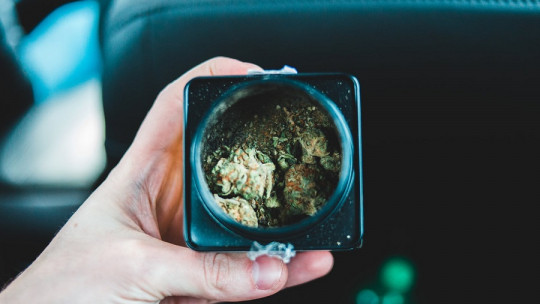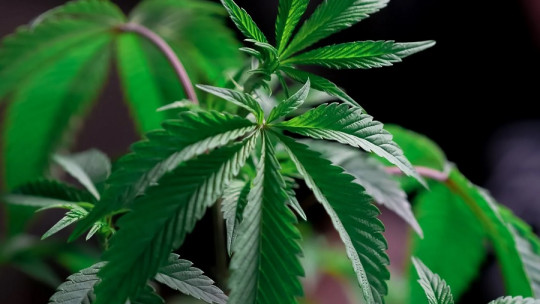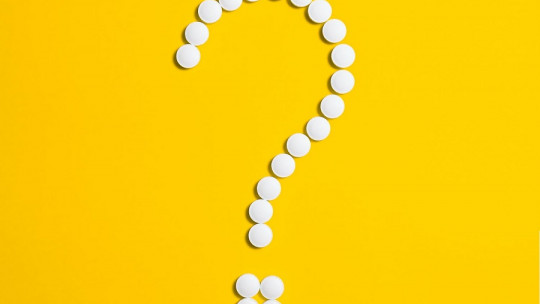
“Addiction” is any chronic, recurring brain disease characterized by a pathological search for reward/relief through the use of a substance (or an activity, in the case of gambling). Potentially addictive substances are well known, although some are more socially accepted than others.
According to the Our World in Data portal, drugs are directly or indirectly responsible for the deaths of 11.8 million people a year. Alcohol and tobacco take the top spots in terms of danger, as these two substances alone kill 3 million and 8 million people each year, respectively. Without going any further, tobacco kills almost half of the individuals who consume it.
With all this data in hand, it is more than clear to us that addictions are a socio-health problem to combat. In any case, all global action begins on a small scale, and the addict’s environment is essential for him or her to decide to seek help. For all these reasons, below we explore the symptoms of addiction
The definition of addiction and its symptoms
The term “addiction” is not usually used in the psychological field, as it refers to the biopsychosocial disorder that drugs generate at the brain level, but the whole is better understood if we use the concept “Substance use disorder” or “substance abuse disorder.” ” (LDS) in English.
SUDs are characterized by a series of mental, emotional, physical and behavioral problems that arise from the consumption of an addictive substance, whether legal, illegal or prescribed by a doctor in a specific environment. Addicted patients are not physically capable of stopping using the problematic substance no matter how hard they try, even if this puts their lives and those around them in danger.
Although all of these concepts may sound ethereal and difficult to evaluate, there are standardized criteria to quantify an addiction. The American Psychological Association (APA) edits and publishes from time to time its Diagnostic and Statistical Manual of Mental Disorders, a document that sets the standard for psychiatric clinical practice. According to the fifth edition, These are the criteria that are looked for in an addicted person:
This long list represents each and every one of the symptoms of a person with an addiction. Anyway, An addicted patient may not present them all at once, or may express their feelings and psychological effects derived from the situation less clearly

The severity of substance use disorder
If the patient presents 2 or 3 of the symptoms mentioned, he or she is diagnosed with a “mild substance use disorder.” 4 or 5 signs indicate a moderate condition, and 6 or more fall into the most severe part of the pathological spectrum. In any case, depending on the sources consulted, it is stipulated that to be considered addicted (in any of its variants), a person must show at least 2 symptoms for a period of 12 months or more
What is not an addiction?
As you have seen, the time interval in which symptoms appear is important when differentiating an addiction or other conditions. For this same reason, medications that quickly generate tolerance and/or withdrawal symptoms (such as morphine and fentanyl, especially opioids) in medical patients are a slippery slope.
For example, a person with chronic pain who uses an opioid pain reliever may develop withdrawal symptoms when they stop using it, despite having followed all doctor’s orders. This is not considered an addiction, since most of the discomfort comes from the pain that the opioid was masking, not from the brain circuits having been modulated according to the consumption of the substance.
On the other hand, it is worth noting that we usually use the term “addiction” for many areas, such as shopping, hobbies, video games, exercise and even intimate relationships (“I am addicted to being with my partner)”. The truth is that Technically, today there is only one activity recognized by the APA as potentially addictive: gambling It has been discovered that, for a gambling addict, winning a quantifiable amount of cash is very similar to giving a drug addict a dose of cocaine, at least from a neurological point of view.
If we follow the criterion, we cannot affirm that work, shopping, video games, sports or relationships are addictive substrates on their own. A person may become compulsively obsessed on any of these fronts, but this would be a symptom of a different clinical entity (and not a substance use disorder).
This does not mean that they are not potentially addictive acts, but that there is still not enough evidence to affirm or deny that it is a problem of that type, but that they would constitute another form of psychopathology.
Are you looking for psychological therapy services?
As you may have seen, it is easy to recognize externally when someone has problems with a substance or activity, but not so easy to demonstrate clinically that it is a patient with a substance use disorder. Here The number of symptoms, the length of time they occur, and the potentially harmful substance or activity come into play, among other things
In any case, psychiatric terminology takes a backseat when we take into account that we are talking about people who put their lives at risk. If you have seen yourself reflected in any of these lines or have thought about a family member, we recommend that you seek medical and psychotherapy professionals. Addictions can be treated, but the more time passes, the worse the patient’s prognosis.








